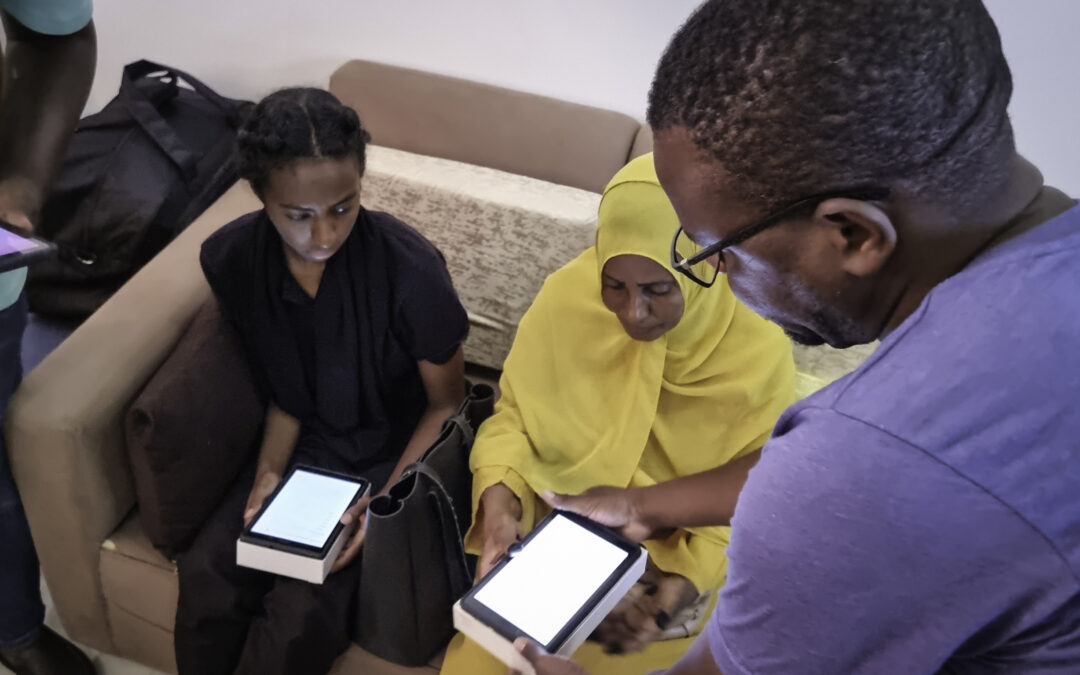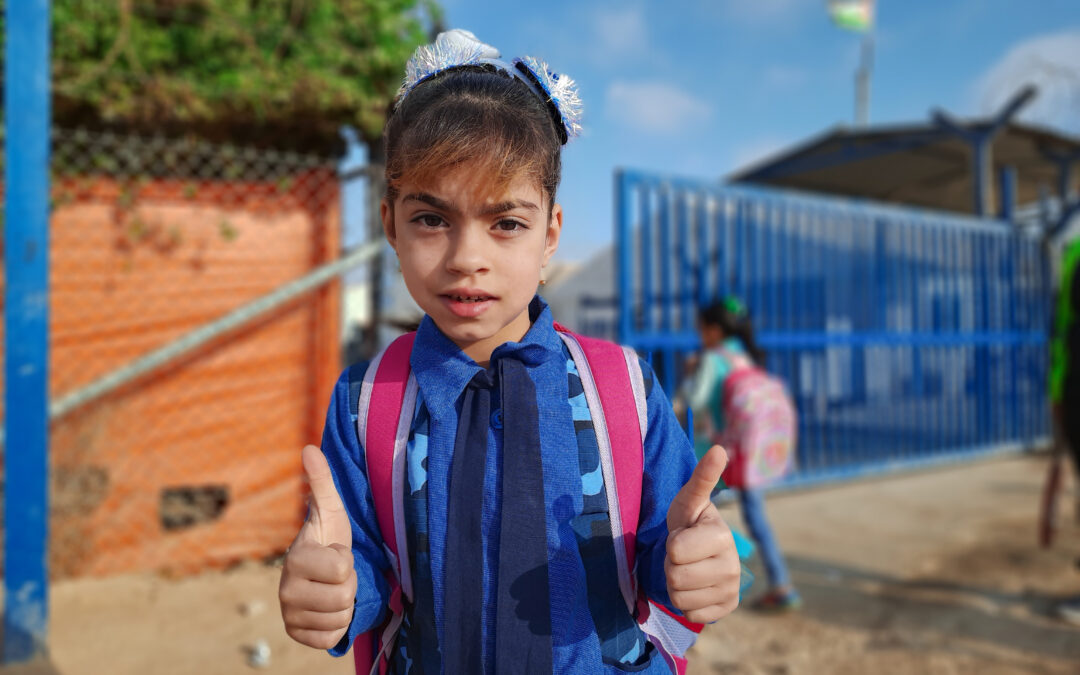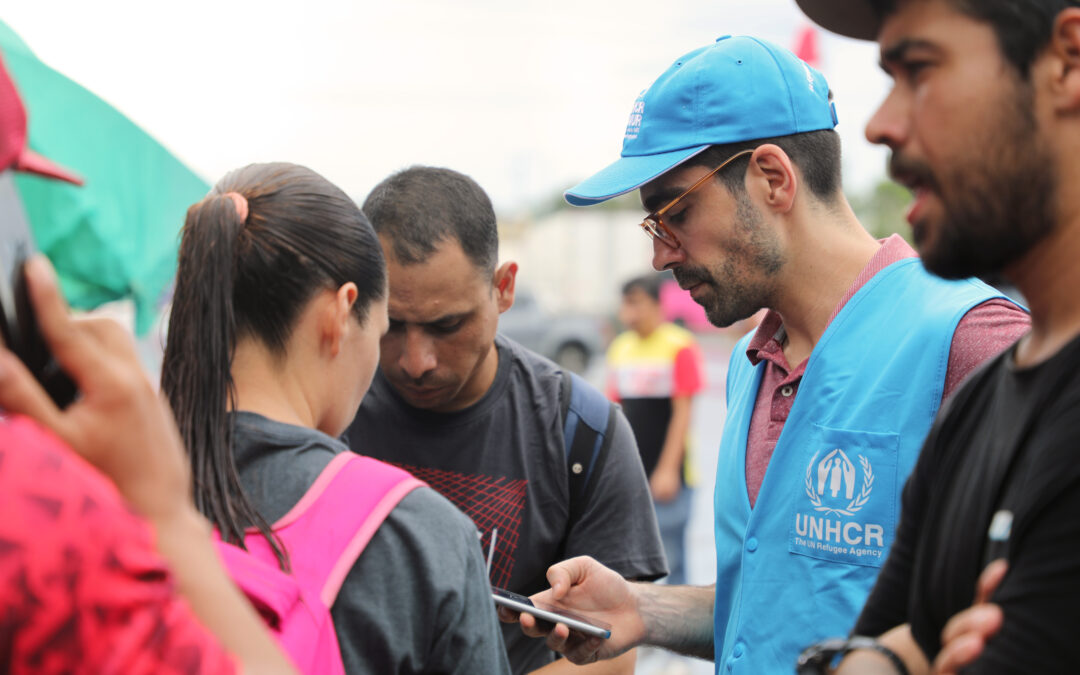
Sep 17, 2024
At the end of September 2024, world leaders are coming together in New York City to convene a variety of high-level events. Between 22-23 September, the Summit of the Future will take place, which has been described as a once-in-a-generation opportunity to mend eroded trust and demonstrate that international cooperation can effectively tackle emerging threats as well as opportunities.
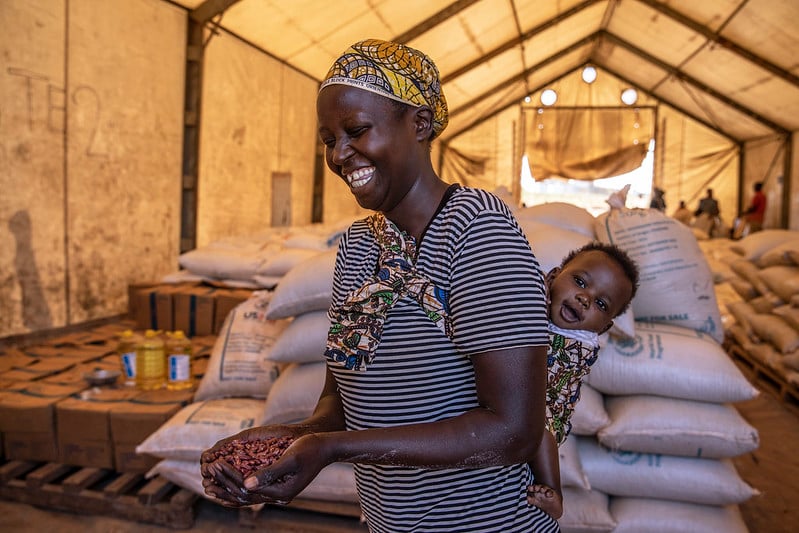
Sep 16, 2024
It is common practice for UNHCR, the UN Refugee Agency, and WFP, World Food Programme, to collaborate in some of the world’s most difficult humanitarian responses. While UNHCR is mandated to protect those forced to flee, WFP is responsible for delivering food and life-saving assistance in emergencies and protracted refugee situations. The two organizations work together to serve the most vulnerable populations. As part of this collaboration, UNHCR and WFP may need to exchange some information on the forcibly displaced populations to ensure they receive targeted food assistance in a dignified manner.

Aug 30, 2024
In today’s interconnected world, the ability to prove one’s identity isn’t just a legal formality—it’s a fundamental human right that unlocks access to a wide range of services and opportunities. For many, having a birth certificate or an ID card is something easily taken for granted. But for migrants, refugees, and stateless people, legal recognition is crucial for securing rights and accessing essential services. This is where Civil Registration and Vital Statistics (CRVS) systems play a pivotal role, ensuring that every person is recognized under the law, regardless of their circumstances.

Jun 7, 2024
Forcibly displaced persons, including refugees and internally displaced people (IDPs), as well as stateless persons are frequently underrepresented or invisible in national data. However, realiable and nationally owned data is vital to guide effective national policies and decisions that foster the inclusion of forcibly displaced and stateless persons around the world. Statistical inclusion of forcibly displaced and stateless persons refers to the process of systematically including these groups in national data production systems such as population and housing censuses, administrative registers or nationwide household surveys.
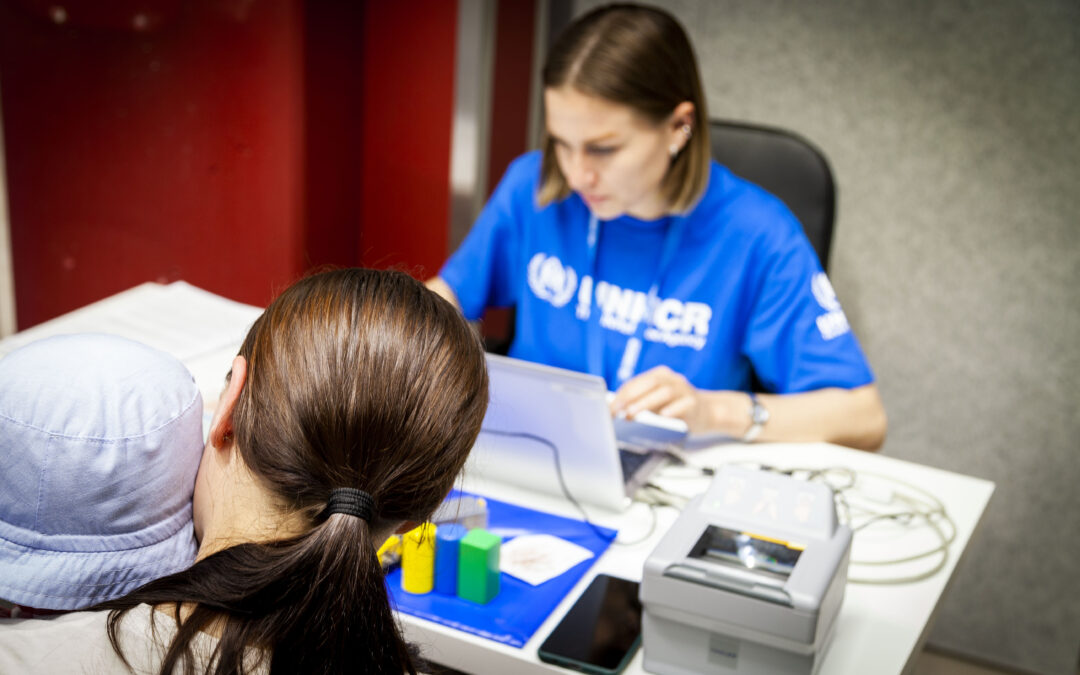
Mar 28, 2023
UNHCR enters 2023 with the General Policy on Personal Data and Privacy (GDPP) issued by the High Commissioner. The new policy establishes an updated and unified data protection and privacy framework applicable to the collection, use and sharing of personal data of all individuals by UNHCR, fostering trust among people we serve, staff, partners, and donors.
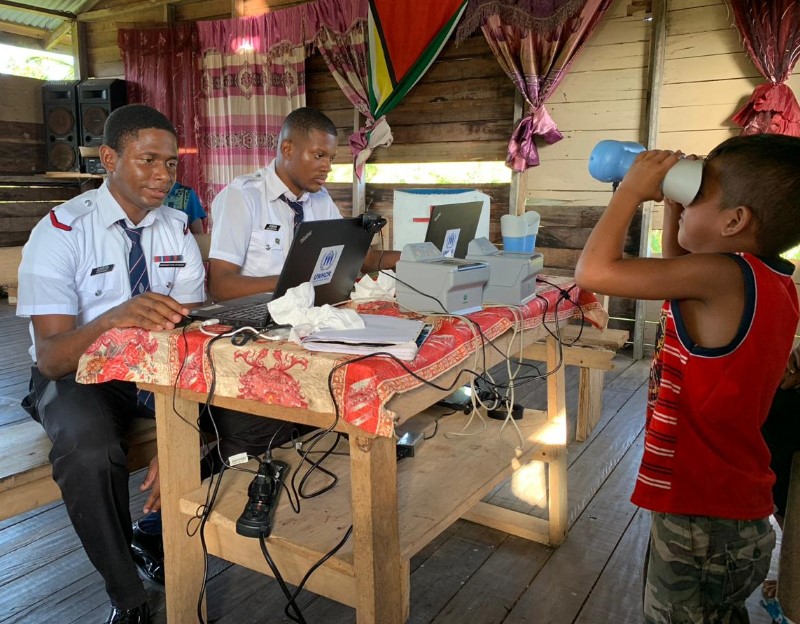
Feb 17, 2020
The use of UNHCR’s “PRIMES” system facilitates collection of data to assist Venezuelans and others in need of basic services in Guyana.

Jan 16, 2020
Listen to UNHCR’s Nicholas Oakeshott, in conversation with the GSMA’s Yiannis Theodorou on how digital identity for refugees can unlock opportunities and help to deliver vital humanitarian assistance.
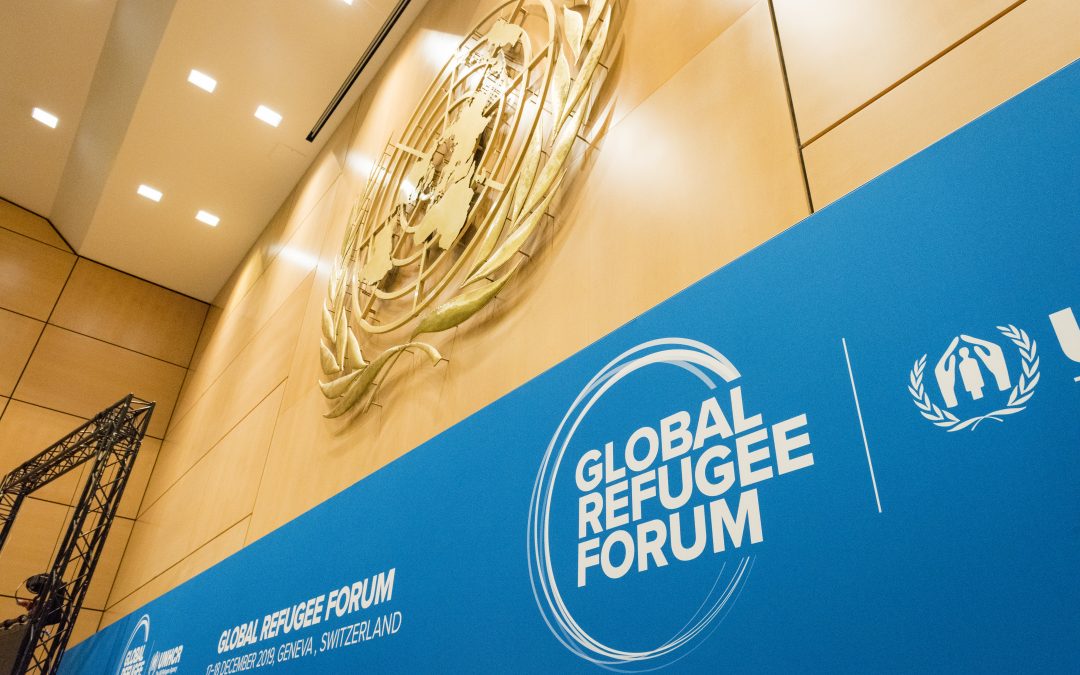
Dec 20, 2019
The Government of Estonia, Kiva and ID2020 make pledges at the first Global Refugee Forum to help ensure that refugees have a good digital identity that protects and empowers them, helping to realise the goals of the Global Compact.





